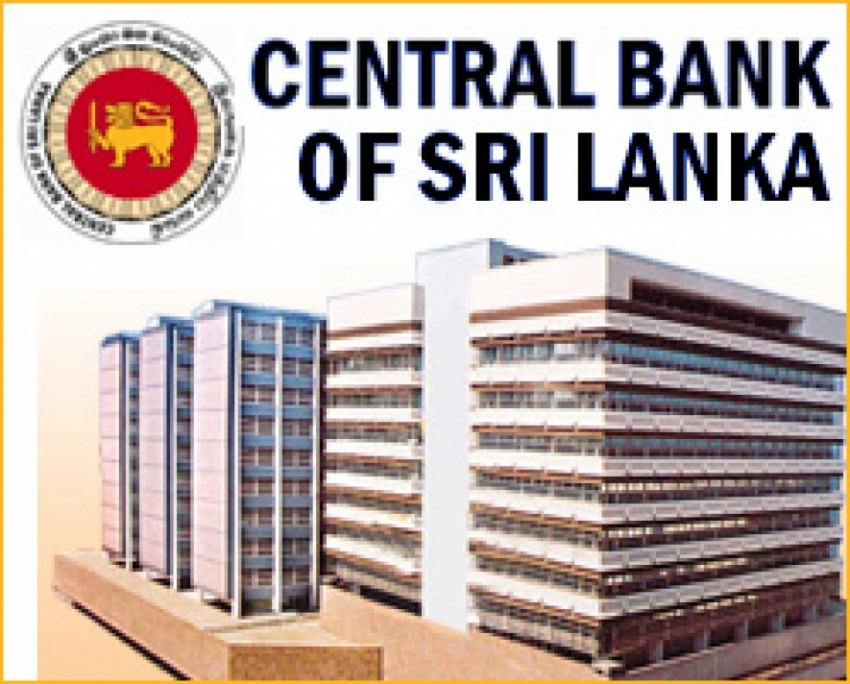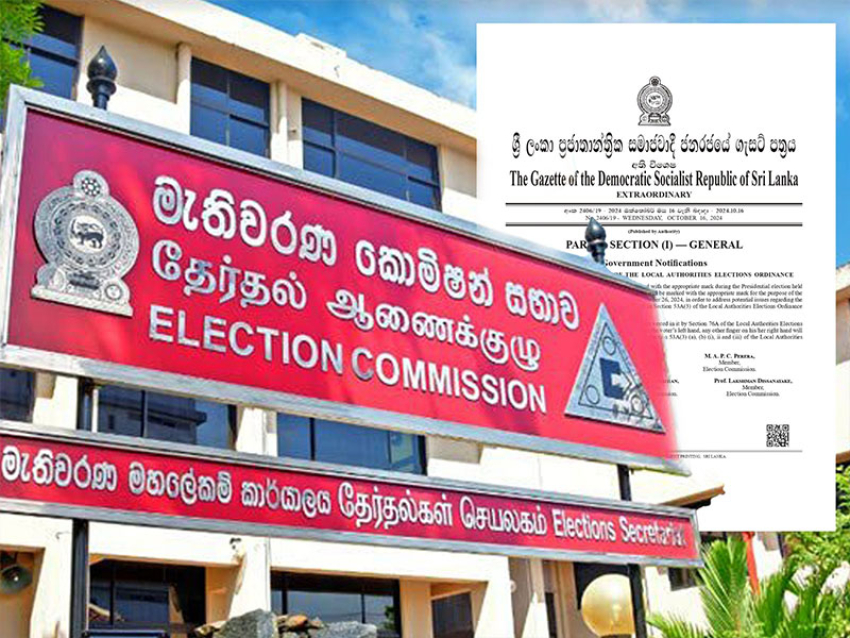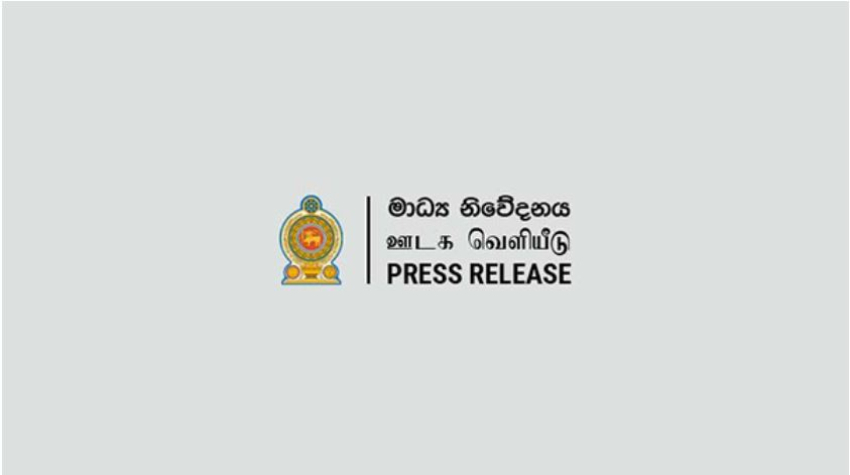This was revealed by Central Bank Governor Dr. Indrajit Coomaraswamy when he unveiled the bank’s Road Map 2019 outlining monetary and financial sector policies for this year and beyond in Colombo on Wednesday.
He noted that strengthening the regulatory and supervisory frame work of the banking sector remains at the centre of the financial sector policy.
The Central Bank is now drafting a new Banking Act with a view to further strengthening the regulatory framework pertaining to licensed banks.
Elaborating this initiative, he disclosed that the overall mandate of the Act is for supervision and regulation, strengthening corporate governance, digital banking, consolidated supervision, resolution, monetary penalties/fines, ring-fencing, mergers and acquisitions.
Consolidation, subsidiarisation of foreign banks and differentiated regulatory frameworks for a tiered banking structure are the key policy aspects to be factored into the proposed Act.
In addition, the Banking Sustainability Rating Index (BSRI) will be implemented from 2019 for risk-based supervision and planning the supervisory calendar.
As banks are frequent targets for cyber-attacks and other information security threats, a Road Map and a consultation paper were issued to improve technology risk resilience in the banking sector in line with international 25 standards and best practices.
“A Banking Direction in this regard will be issued in 2019. As the regulator, we believe that share ownership in banks needs to be broad-based to strengthen corporate governance and to avoid ownership concentration, dominance in the boards, conflict of interest and risks associated with related party transactions,” he said.
Therefore, the existing requirements on share ownership will be reviewed and certain additional measures will be brought in, he revealed.
In addition, fit and proper assessment criteria for appointment of Directors, CEOs and Key Management Personnel of banks will be strengthened further to appoint the most suitable and qualified individuals to the top positions in banks.
The Central Bank will also formulate a crisis preparedness plan for the banking industry, to minimise the adverse impact on troubled banks and mitigate spillovers.
Amendments are being made to the Monetary Law Act and the Registered Stocks and Securities Ordinance, he disclosed.
He said that the Central Bank, assisted by legal experts from the International Monetary Fund (IMF), is in the final stages of drafting the revisions to the Monetary Law Act (MLA), which will address long standing concerns.
It will focus on non-core and quasi-fiscal activities, monetary financing as well as limits to Central Bank autonomy by way of clearly demarcating the powers and functions related to monetary policy.
Addressing a media conference after unveiling the Road Map before a large gathering of ministry secretaries, senior officials and business leaders, Dr.Coomaraswamy noted that the forensic audit initiated by the Central Bank on Treasury bond scam is expected to be completed this year.
This is a complex and time consuming procedure being conducted by audit expert firms with international expertise selected through a proper procurement process.
At least nine forensic audits should be conducted under the supervision of the Auditor General in a transparent and independent manner preventing any legal implications; he said adding that it is essential to carry out audit inspections very carefully.
The monetary authority has taken several measures to strengthen transparency and accountability in some of its operations in accordance with the recommendations of the Presidential Commission of Inquiry to Investigate, Inquire and Report on the Issuance of Treasury Bonds.
He disclosed that the progress report of the forensic audit was submitted to the Presidential Secretariat on October 26, the very same day the President sacked the cabinet including Prime Minister Ranil Wickremesinghe.
Applications have been called from auditing firms to conduct a forensic audit of the controversial bond issuances.
Dr. Coomaraswamy noted that a committee will be appointed to carry out the audit and that the team will be headed by a foreign audit specialist.
Answering a question raised by a journalist, Senior Deputy Governor Nandalal Weerasinghe said that he also attended the meeting chaired by the President convened to discuss the bond issue and there was no mention whatsoever about the financial loss by the bond scam.
A forensic audit is being conducted to find out the loss if there was any and make recommendations to prevent the reoccurrence of such scams in the future, he said denying the media reports quoting the President as saying the total loss caused was Rs. 1000 billion.
He pointed out that the 52 day political impasse has exerted an adverse impact on the country’s economy which cannot be quantified in monetary terms.



















